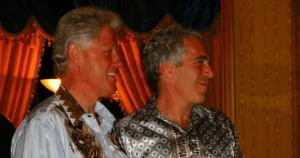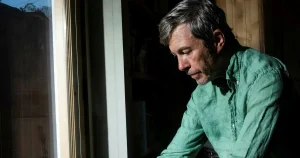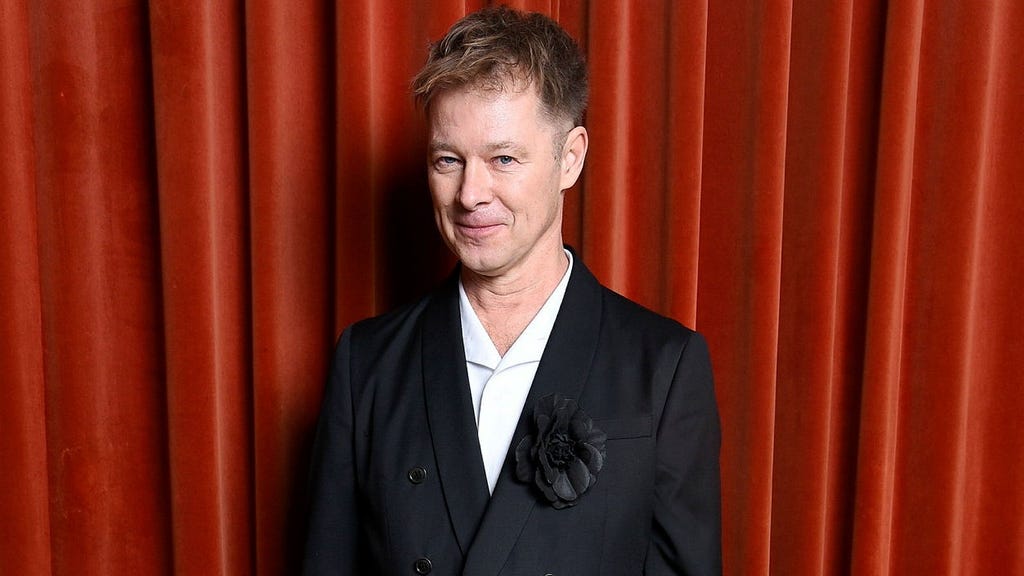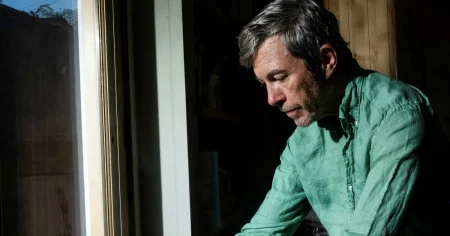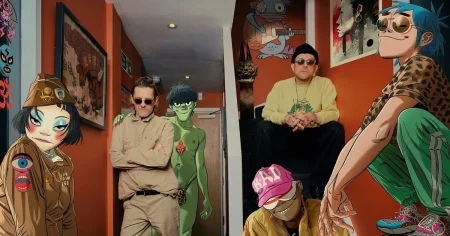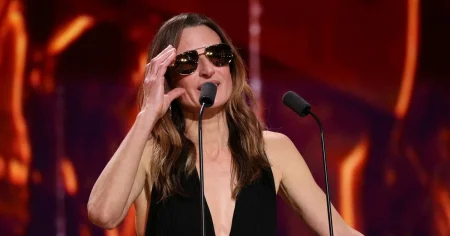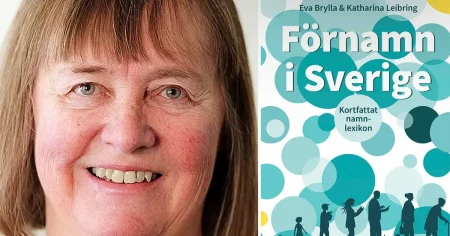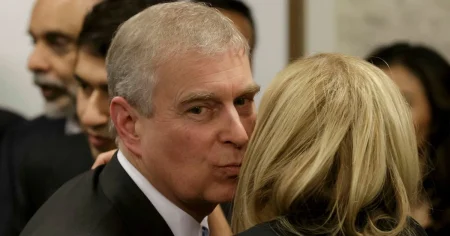”PSL,” a Swedish music program aired on SVT (Sveriges Television), is facing cancellation for the second time in its history, sparking concerns about the broadcaster’s commitment to showcasing emerging and niche musical artists. The show’s format has evolved over the years, transitioning from a blog in 2007 to a larger editorial team, then to television in 2017 after a brief hiatus. The program offers a mix of longer-form reports and shorter interviews, providing a platform for up-and-coming artists within the Swedish music scene. Despite its dedicated following, SVT has decided to discontinue ”PSL” citing low overall viewership numbers. This decision reflects a broader trend within the public broadcaster, with another music program, ”Lokko i P2,” also recently being cancelled. The cancellations raise questions about the future of music programming on SVT and its dedication to supporting a diverse range of musical genres.
The cancellation of ”PSL” is particularly disheartening for the show’s host, Per Sinding-Larsen, who argues that the program serves a unique purpose within SVT’s programming lineup. He emphasizes that ”PSL” reaches an audience that doesn’t typically engage with other SVT content, highlighting its value in expanding the broadcaster’s reach. Furthermore, Sinding-Larsen expresses disappointment that SVT has no plans to replace ”PSL” with a similar program focused on new and lesser-known artists. While SVT has suggested that existing programs like Kulturnyheterna (Culture News) will absorb the coverage of emerging musical talent, Sinding-Larsen believes this approach will not effectively serve the same audience or provide the same depth of coverage. He champions the importance of public service broadcasting catering to both mainstream and niche interests, expressing concern that viewing figures are becoming the sole metric for program viability.
The argument surrounding ”PSL’s” cancellation centers on the fundamental purpose of public service broadcasting. Sinding-Larsen argues that SVT has a responsibility to support a wide variety of cultural expressions, including musical genres beyond popular mainstream acts. He believes that focusing solely on viewership overlooks the intrinsic value of programs like ”PSL,” which contribute to a vibrant and diverse media landscape. ”PSL” champions artists who might not otherwise receive national exposure, fostering the growth and development of the Swedish music scene. The program serves as a crucial bridge between emerging artists and a broader audience, playing a vital role in the cultural ecosystem. The cancellation raises concerns that SVT is prioritizing commercial considerations over its mandate to serve the public interest by offering diverse and culturally enriching content.
The decision to cancel ”PSL” has also prompted a public outcry, with a petition started by the show’s filmmaker and editor, Elin Passanisi, quickly gaining traction. The petition highlights the widespread support for the program and underscores the audience’s desire for diverse music programming on SVT. The petition reflects a broader conversation about the role of public service broadcasting in a rapidly changing media landscape. While viewership numbers remain an important consideration, the petition argues that they shouldn’t be the sole determining factor in programming decisions, particularly when it comes to culturally significant content like ”PSL.” The public response emphasizes the value that audiences place on programs that provide exposure to new and diverse musical talent.
”PSL’s” cancellation is not an isolated incident but part of a broader trend within SVT. Earlier this year, the broadcaster also cancelled ”Lokko i P2,” another music program dedicated to showcasing a range of musical genres. These cancellations collectively raise concerns about SVT’s commitment to supporting diverse musical expressions and providing a platform for artists outside the mainstream. They reflect a potential shift in programming strategy, with an increasing emphasis on programs that attract larger audiences. The concern is that this shift could lead to a homogenization of cultural content on public television, limiting the exposure audiences receive to a broader range of musical genres and artistic perspectives.
The future of music programming on SVT remains uncertain. While the broadcaster has stated that existing programs will cover emerging artists, the specifics of this coverage remain unclear. There are concerns that these programs may not have the resources or expertise to provide the same level of in-depth coverage and support as dedicated music programs like ”PSL.” The loss of these programs could have a significant impact on the Swedish music scene, limiting opportunities for new artists to gain exposure and connect with a wider audience. The debate sparked by ”PSL’s” cancellation calls for a broader discussion about the role of public service broadcasting in supporting cultural diversity and fostering artistic expression. It emphasizes the importance of balancing commercial considerations with the public’s need for diverse and enriching content.


